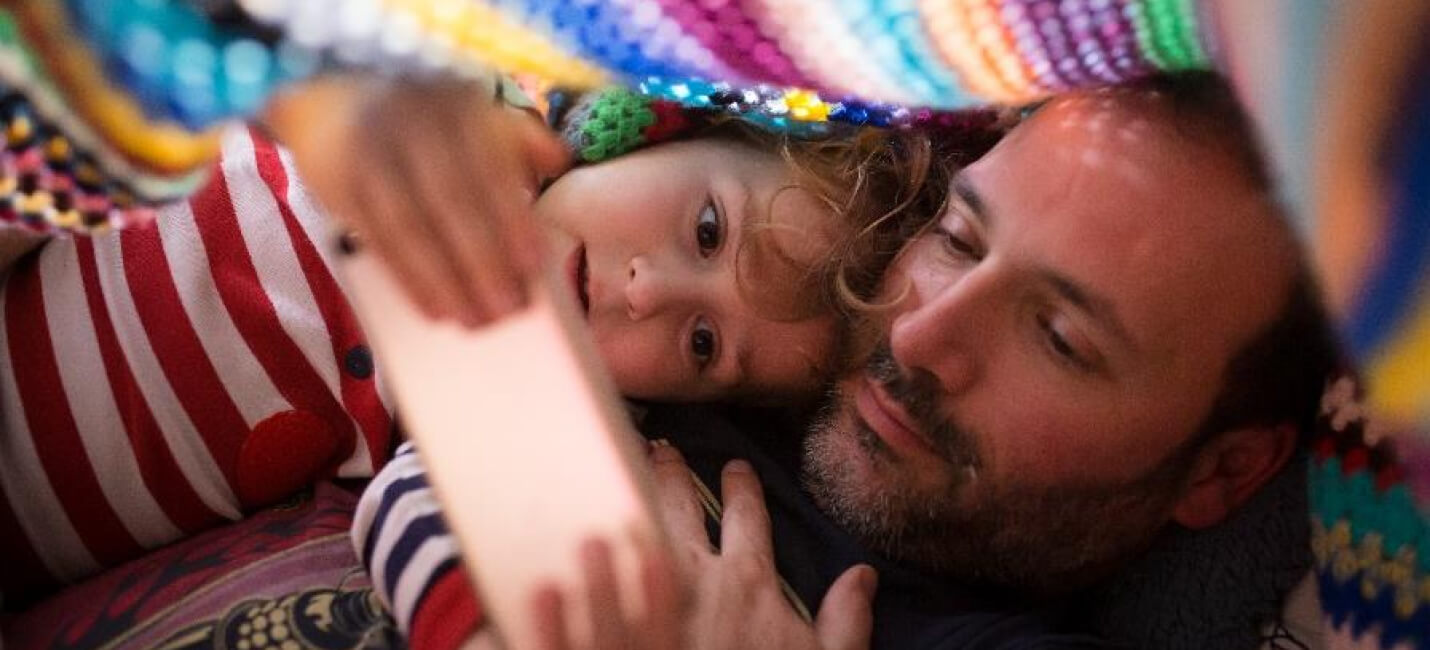
Children do not have the ability to communicate worries or concerns through words. They just don’t have the vocabulary. Teens have the vocabulary, however, they may lack the maturity and life experience to properly identify the feelings that they are having. Both children and teens are impacted by the influences that surround them.
For a parent or guardian, a traumatic event is frightening. It can be even more frightening and unsettling for children. Like the adults around them, they too experienced the same event. The children in your life have also been exposed to the same photographs, stories in print media and television images.
Children are like sponges, taking in the world. They are very aware when the adults around them are having a strong emotional reaction. They need to have their feelings validated. It is important to remember that a child not talking about an event does not mean that the event is forgotten or has no importance. Children and teens are more likely to express their reactions through their actions rather than words. Be attentive and take special care through this time of chaos and instability.
The children in your life need your reassurance that they are safe with you. It is important to let them know that it is healthy to express emotions and to let them out. During this time, children will likely be highly sensitive and attentive to the adult responses surrounding them.
The children in your care will need reassurance that their safety and security will be taken care of by the adults in their lives. They will need encouragement to express their concerns. An extra hug, talk time or five more minutes before bedtime are some examples of what you can do to encourage and reassure them. Let them tell you what they need by paying attention to what they are doing or asking for.
Potential reactions that you might see in your child
- Irritability, agitation, confusion
- Withdrawn, denial, sadness
- Sleep disturbance, nightmares
- Increased anxiety, intense fear
- Changes in appetite
- Distress due to work or travel related parental absence
- Testing house rules-dress, curfew, chores
- Quietness, less communicative
- Feelings of helplessness or anger
- More prone to accidents/clumsiness
- Verbal outbursts
- Poor concentration
- Return/increase of bed-wetting or other regressive behaviour
The reactions are usually temporary and will often subside in three to six weeks. In the meantime
though, these reactions can be uncomfortable, impacting concentration, productivity and even disrupting sleep patterns.
What you can do
- Don’t leave your child alone in a new place
- Talk to your child about the disaster
- Encourage your child to talk
- Say it is OK to be afraid
- Tell your child about your plans each day
- Be attentive to media coverage adding to you and your child’s anxiety/stress level
- Put order in your day as best you can
- Stay together to show you won’t go away
- Hold and hug
- Listen
- Let them know that you were afraid too
- Reassure them that they’re in a safe place
- As long as it can be done safely, let your child help clean up
- Explain, talk and listen frequently
Bedtime may be difficult. Your child may be afraid of the dark, not want to sleep away from you and/or may have nightmares or begin to wet the bed again.
What you can do at bedtime
- Explain why it gets dark
- Praise the child for good things
- Leave the light on and the door ajar
- Read to your child
- Talk about dreams
- Don’t yell
- Agree on a time for your child to go to bed
- Tell a story about something good that happened that day
It is important to help your child externalize the feelings. Keeping reactions inside will only serve to have them go into hiding and come back when least expected. Also speak with other parents, caregivers, your child’s teacher or school principal to discuss other ideas and suggestions, support and resources.
© 2021 LifeWorks Ltd.